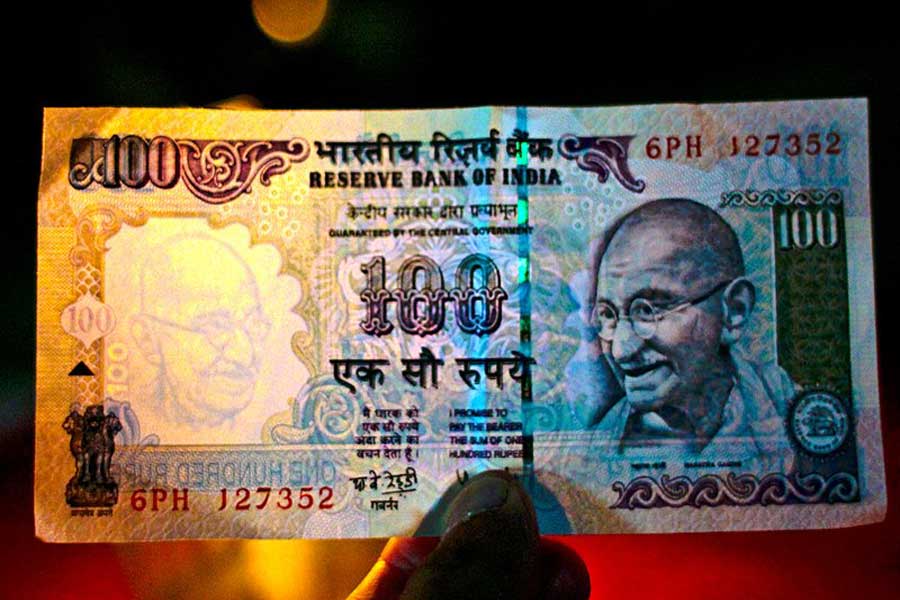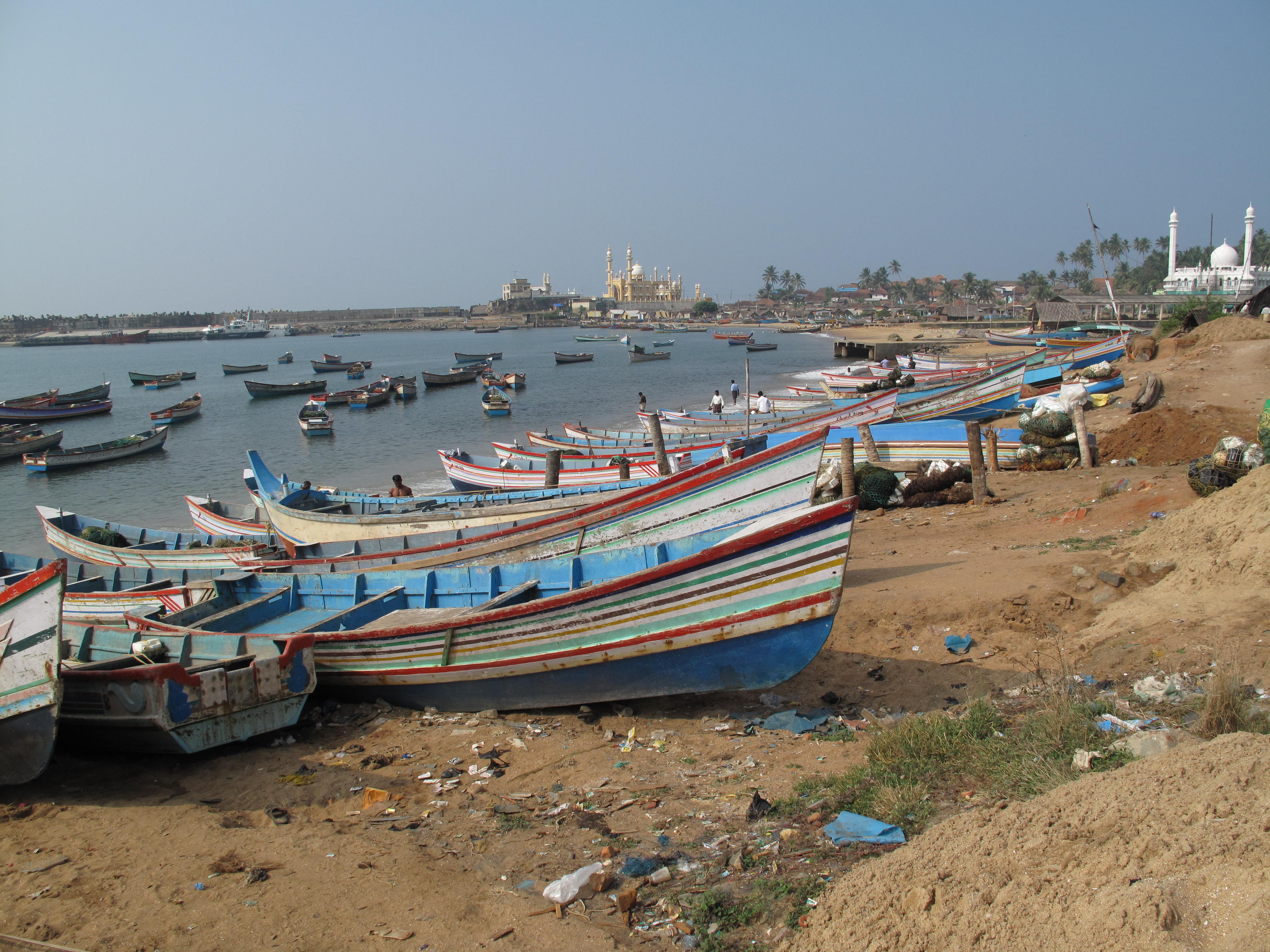The country is facing one of the worst economic crises in history. According to the Vice-Chairman of the Niti Aayog, this crisis is the worst in seventy years since Independence. Now, the question is, how did this crisis occur? Who is bearing the brunt of the crisis? And, at what cost is the Modi government trying to overcome this crisis?
The root cause of this economic crisis is the neo-liberal policies pursued by various governments since 1991 and, aggressively pushed by the Modi government ever since it assumed office in 2014. In addition, the twin devastating blows of demonetisation and GST aggravated the economic situation that was already showing signs of slowdown. Demonetisation caused large-scale joblessness and millions of people lost their livelihoods, income and purchasing power. This, along with the untimely and shoddily-implemented GST led to widespread destruction of small businesses resulting in further loss of income and purchasing power.
All surveys have shown the prevalence of massive unemployment and job losses in the country. Centre for Monitoring Indian Economy (CMIE) had estimated a loss of 11 million jobs in 2017-18 as a consequence of demonetisation. And according to the National Sample Survey Organisation (NSSO), unemployment level in the country is at its highest in 45 years.
The present crisis is a direct result of decline in demand and consumption due to massive loss of jobs and purchasing power. The poor masses—including women, farmers and agricultural labourers—were already in distress, and their misery is reflected in the steep fall in consumption and demand for manufactured goods. Even the sales of biscuit packets costing just Rs 5 and undergarments have declined sharply. The sales of automobiles including passenger vehicles, two-wheelers, tractors and even housing show a steep decline in demand. This is spreading across income groups from the poor to the middle class.
The consequence is that companies are cutting short their production which will see further loss of jobs and income. Right from automobiles to Fast Moving Consumer Goods (FMCGs), companies are retrenching workers. The slump in real estate and construction sectors has added to the economic woes. According to estimates, the ongoing crisis has already led to a huge loss of over 30 lakh jobs. The agrarian crisis coupled with the rural distress has destroyed the livelihood of millions of farmers and agricultural labourers in rural India. This economic crisis, epidemic like, is rapidly spreading to other sectors leading to an alarming situation.
On the rural front, it has come as body blow to small and marginal farmers. The agricultural labourers fleeing rural poverty will find it difficult to find work even if they migrate to the cities especially since there’s been a total collapse of the construction sector. It’s the construction sector that absorbs the rural people migrating to the cities in search of jobs whenever there is an agricultural crisis. This will result in a further reduction of the wage rate—both in the urban and rural areas.
The rate of growth of wages was already under stress in both rural and urban India since 2014-2015. The end result is that the poor workers including farmers and labourers will suffer severely unless the government implements some immediate relief measures.
However, the Modi government has no intention of providing succour to the farmers and labourers reeling under economic stress. Instead, it is only concerned about providing huge tax concessions and benefits to the big corporates under the garb of enhancing investments. The five stimulus packages announced within a short span of a month by Finance Minister, Nirmala Sitharaman, is solely focussed on the corporate sector. The last package alone, rolling out corporate tax concessions, was worth Rs 1.45 lakh crore.
The corporate sector has wholeheartedly welcomed the slew of measures. According to one well-known CEO, these concessions have brought early Diwali to India Inc. Another CEO has tweeted that these concessions are equivalent to 20 budgets. The PM has termed these concessions historic. Even when millions are undergoing unprecedented misery, Modi has brought early Diwali to the rich through tax concessions. This is nothing but shifting the entire burden of the crisis onto the shoulders of farmers and the poor.
The government should instead have significantly enhanced public investment to build necessary infrastructure, which would have automatically generated jobs, income and demand. The government should have provided support for farmers and enhanced NREGA wages so as to boost rural demand.
But it is the class character of Modi government which led it to ignore the poor and further enrich the superrich in the hour of economic crisis. The government is more aggressively pursuing the same set of policies which have caused the crisis in the first place. At the end of the day, the rich will benefit even from a crisis while the poor will continue to suffer.







